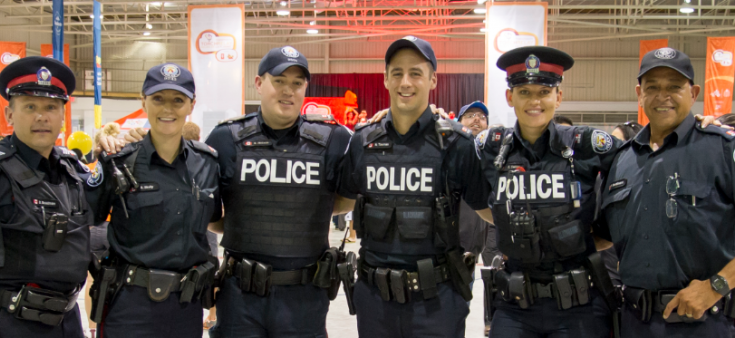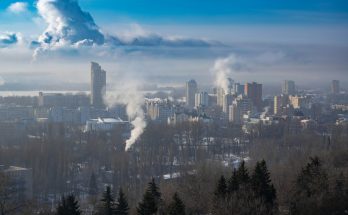Toronto/CMEDIA: It was reportedly confirmed by a Toronto police report released on June 15 that many racialized people in Toronto including Black, Indigenous, and other diverse groups were disproportionately affected by the use of force and strip searches by officers.
At a morning news conference on Jun 15, interim Toronto Police Chief James Ramer said the force needs to do better.
“As an organization, we have not done enough to ensure that every person in our city receives fair and unbiased policing… on behalf of the police, I am sorry and I apologize unreservedly…The release of this data will cause pain for many. We must improve and we will do better,” said James Ramer.
Ramer’s apology to racialized communities was not welcomed by Beverly Bain from the group No Pride in Policing, which describes itself as a coalition of queer and trans people formed in support of Black Lives Matter Toronto and focused on defunding police.
Bain addressed Toronto Police Chief James Ramer at a press conference about race-based data Wednesday.
“Chief Ramer, we do not accept your apology,” she said in the news conference, putting a point on an impassioned speech about how Black, Indigenous, and other racialized groups have had to deal with police in the city.
Describing Ramer’s apology as a “public relations stunt” that is “insulting” to Black and Indigenous people Bain said,
“This is not about saving our lives. What we have asked for you to do is stop. To stop brutalizing us. To stop killing us.”
‘Chief Ramer, we do not accept your apology,’ advocate says
Statistics released on June 15 were drawn from records of 949 use of force incidents and 7,114 strip searches over the course of 2020 were analyzed and compiled by the force’s Equity, Inclusion, and Human Rights Unit and outside data experts in concert with a 12-member community panel.
Among its findings was that Black, Indigenous, and Middle Eastern people were all overrepresented in the number of “enforcement actions” taken against them.
Police also tended to use more force against racialized groups more often compared to white people, especially when it came to officers drawing their firearms.
The statistics also show that racial differences in the use of force remained even after taking into account what police were initially called to investigate and what the main offense turned out to be.
The release of the data comes in the wake of several recent reports from human rights and police complaint watchdogs that called for major reforms within Toronto police.
#TorontoPolice; #Discrimination





